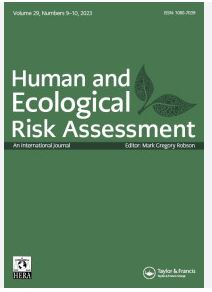Sweetgrass Method: A Culturally Responsive Approach among American Indian and Alaska Native K-12
Publication Year: 2022
Author(s): Baez MSE,Baez CA,Lavallie B,Spears W
Abstract:
The Sweetgrass Method is a culturally responsive approach to mental health for American Indian/Alaska Native Youth and serves as a process to communicate, collaborate, and continue ongoing supports. Sweetgrass known as Óhonte Wenserákon in the Mohawk (Kanien’keha) language and Wicko’bimucko’si among the Chippewa people. Sweetgrass is used by many American Indian/Alaska Native in purifying ceremonies, healing, prayer, smudging and basketry and is considered a sacred herb/plant. It is harvested, braided, dried, and burned. American Indian/Alaska Native people have held sweetgrass as sacred for a very long time and often burned at the beginning of a ceremony, or prayer to bring about healing energy. The Sweetgrass Method forms a culturally responsive method of delivery for mental health services by looking at the three braiding strands: introspective (looking within self of the practitioner), collaboration with clients/students/families (communication/consultation with others), and continuity (providing continued culturally responsive support) as a means of developing healthy and successfully outcomes. What we bring from this is an understanding that we as practitioners/educators will braid the introspective (self) with collaborative and constant support efforts for clients/students and their families (Baez, 2011; Baez et al., 2016).
Source of Publication: Journal of Indigenous Research
Vol/Issue: 10
Publisher/Organisation: Digital Commons
URL:
https://digitalcommons.usu.edu/cgi/viewcontent.cgi?article=1174&context=kicjir
Theme: Traditional/ Indigenous Knowledge | Subtheme: Health
Related Documents
Research Papers/Articles
Abstract:
Through indigenous epistemologies a holistic health framework is promoted and indigenous conce... Read More
Journals

Human and Ecological Risk Assessment: An International Journal
Published Year: 1995
Abstract:
Human and Ecological Risk Assessment: An International Journal (HERA) provides a resource for... Read More



